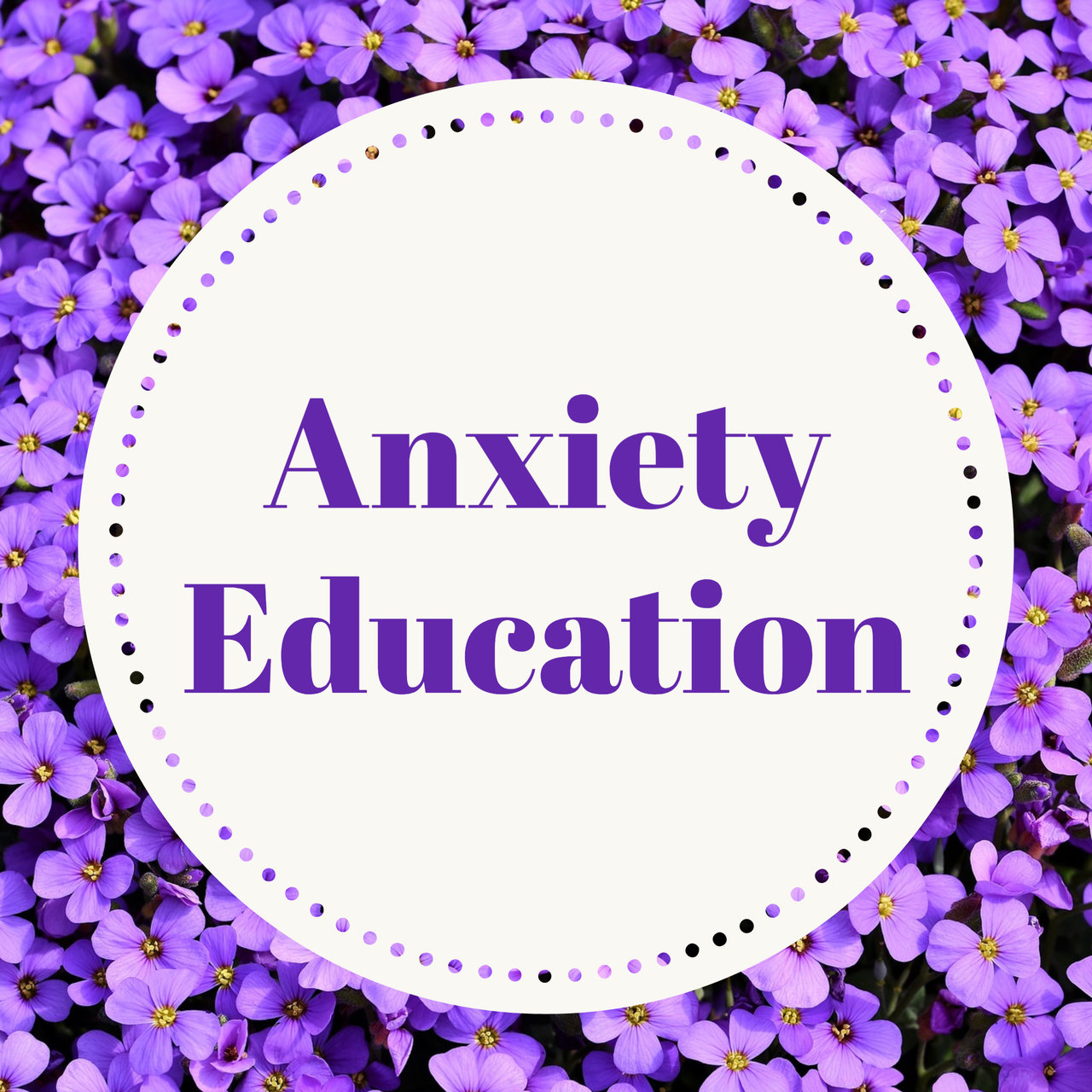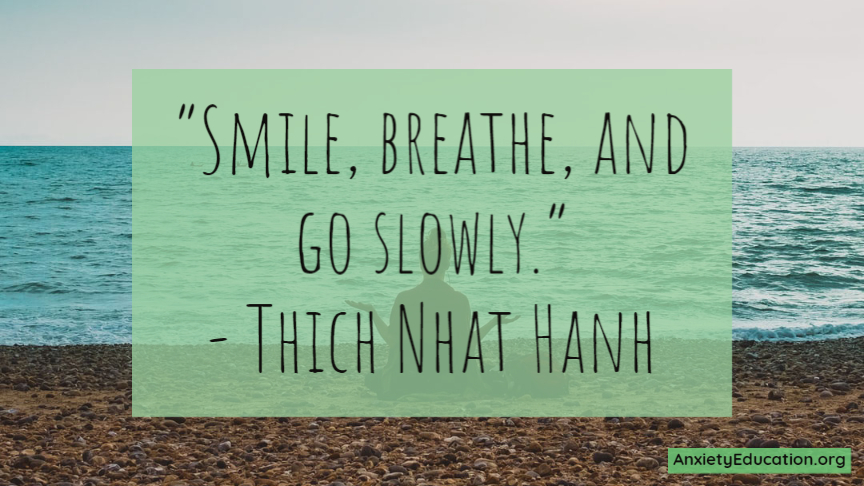
How to Calm Anxiety: 8 Natural Ways
Occasional anxiety is a normal human experience. Mild anxiety can occur before interviewing for a new job. A higher level of anxiety can occur from barely avoiding a car crash. And an even higher level may come with the loss of a loved one. There are also those people who experience anxiety persistently. However, learning how to calm anxiety is essential for your quality of life. It’s also important to know what causes anxiety to determine the best way to alleviate it.
What Causes Anxiety?
Pinning down an exact cause of your anxiety can be difficult, if not impossible. However, there are 3 main factors that can contribute:
● Genetics: Research has shown that the RBFOX1 gene is related to generalized anxiety disorder
● Environmental factors: These include past or ongoing neglect or abuse. Traumatic experiences like military combat can also contribute.
● Co-occurring mental conditions: Depression and substance use disorders (SUDs) can worsen the symptoms of anxiety. Co-occurrence of mental disorders is not only considered a cause of anxiety disorders, but also a symptom.
Other Risk Factors for Developing Anxiety
In addition to these primary causes of an anxiety disorder, there are other risk factors that can contribute. These include:
- Severe stressors: These include financial ruin due to job loss or losing a loved one on whom you heavily depended.
- Certain personality types: These include Type A personalities and perfectionists.
- Gender: Women are twice as likely to have generalized anxiety disorder as men.
- Underlying medical conditions: These include chronic pain, respiratory conditions, gastrointestinal disorders and heart disease.
- Everyday stressors: These include more minor stressors like a hectic schedule or dealing with an unruly child. Such factors can build up without proper self-care.
How to Calm Your Anxiety Naturally
When it comes to knowing how to manage anxiety, there are multiple natural approaches. Furthermore, different treatments will apply to different types of anxiety. These include:
- Generalized Anxiety Disorder (GAD): Symptoms include exaggerated and persistent worry and tension, even when there is nothing to provoke it.
- Obsessive-Compulsive Disorder (OCD): Symptoms include recurrent and unwanted thoughts (obsessions), which are accompanied by repetitive actions (compulsions) to temporarily rid the obsessions.
- Post-Traumatic Stress Disorder (PTSD): Occurs after one experiences a terrifying event that results in grave physical or mental harm, such as abuse, violence, traumatic accidents or military combat.
- Social Phobias: Symptoms include excessive anxiety occurring in normal social situations. These phobias can be limited to only one fear or a generalized fear anytime one is around others. Specific social phobias include fear of crowds, fear of public speaking and fear of public restrooms.
Here are 8 ways to calm your anxiety naturally.
1. Avoid Caffeine
We all know about the jitters coffee and energy drinks can cause. If you tend to be anxious, it’s a good idea to avoid caffeine or reduce your intake. This includes caffeinated sodas. It’s especially important to avoid caffeine when a potentially stressful situation is in your near future.
2. Avoid Alcohol
It can be tempting to use alcohol to “take the edge off” in stressful situations. However, this is only a temporary fix. In reality, alcohol makes the symptoms of anxiety worse by changing the levels of neurotransmitters in your brain. This includes serotonin, which regulates mood and sleep. In addition, anxiety symptoms tend to be even worse when the alcohol wears off.

3. Write It Out
Humans think in disjointed segments. More often than not, our brains can interpret these segments so that we can function reasonably. However, it’s easy to place our worrying thoughts in the backs of our minds, where they can sit and cause anxiety. That’s where writing comes in. It allows you to explore how you are feeling deep down. Other benefits of writing include increased learning comprehension, slowing of mental aging and enhanced focus.
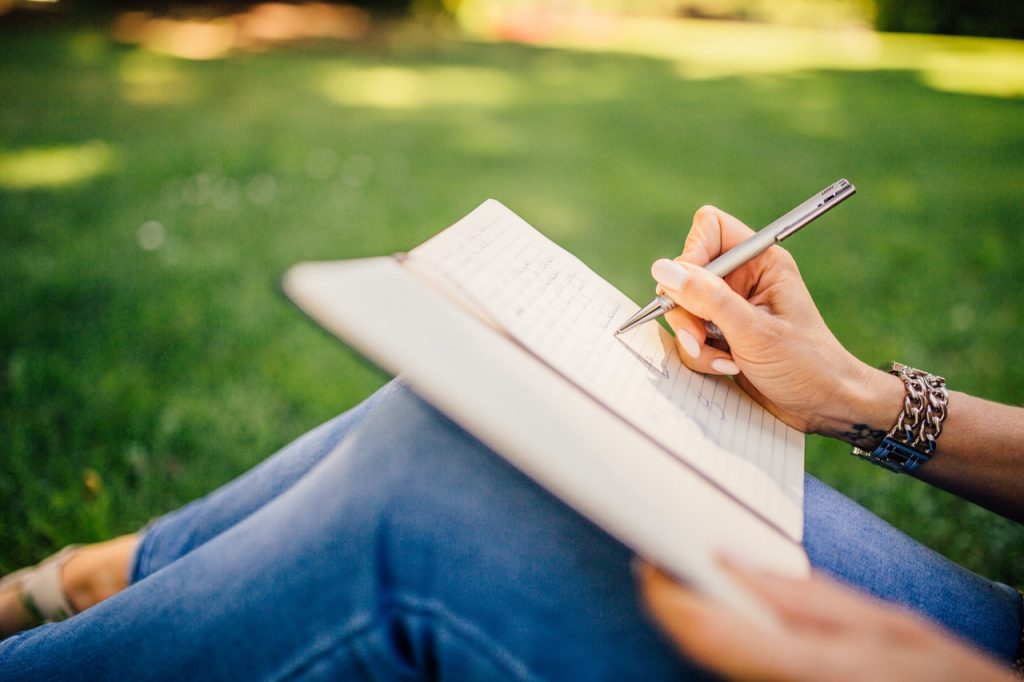
4. Meditate
Many people are intimidated by the idea of meditating. This is usually because they think there is a right way and a wrong way to meditate. However, meditation can be as simple as allowing yourself to take a deep breath and stay in the moment. To go a little deeper, take 3 minutes, 3 times a day to focus on your breath. As you do this, take note of how your body feels. Apps like Headspace can help ease you into feeling comfortable with meditating.

5. Find a Mantra
The word “mantra” is uncommon in the Western world. So, many of you may be wondering, “What is a mantra?” The answer is that it is simply a word or phrase that is repeated to focus on something you want to manifest in your life. You can also use mantras to manage your mood. Mantras are also known as positive affirmations. Examples include, “This too shall pass”, “I will feel peace today”, or simply “Courage”.
6. Consider Kratom
Kratom is a tropical tree with the botanical name Mitragyna speciosa that is native to Southeast Asia. The leaves of this tree contain alkaloids that are effective in the treatment of numerous ailments, including anxiety. In particular, users report positive effects with red kratom powder. Red refers to the color of the veins in the leaves of a certain variety of the kratom tree. Other veins include green, white and yellow. Using the strain red borneo powder for anxiety has shown to be especially effective.
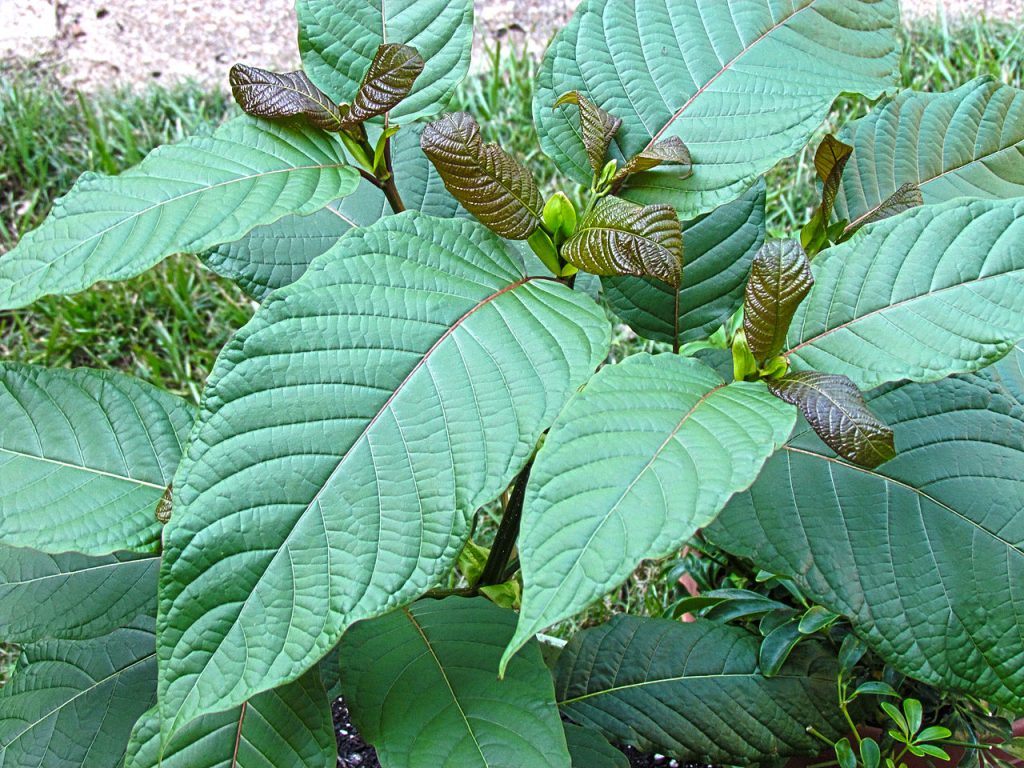
7. Exercise
You don’t need to engage in a strenuous workout to relieve anxiety. Even a brisk 10-minute walk will release endorphins that can calm your nerves for a few hours. If possible, take your walks in nature. One study showed that walking in the woods lowered stress hormones more than walking in an urban environment.
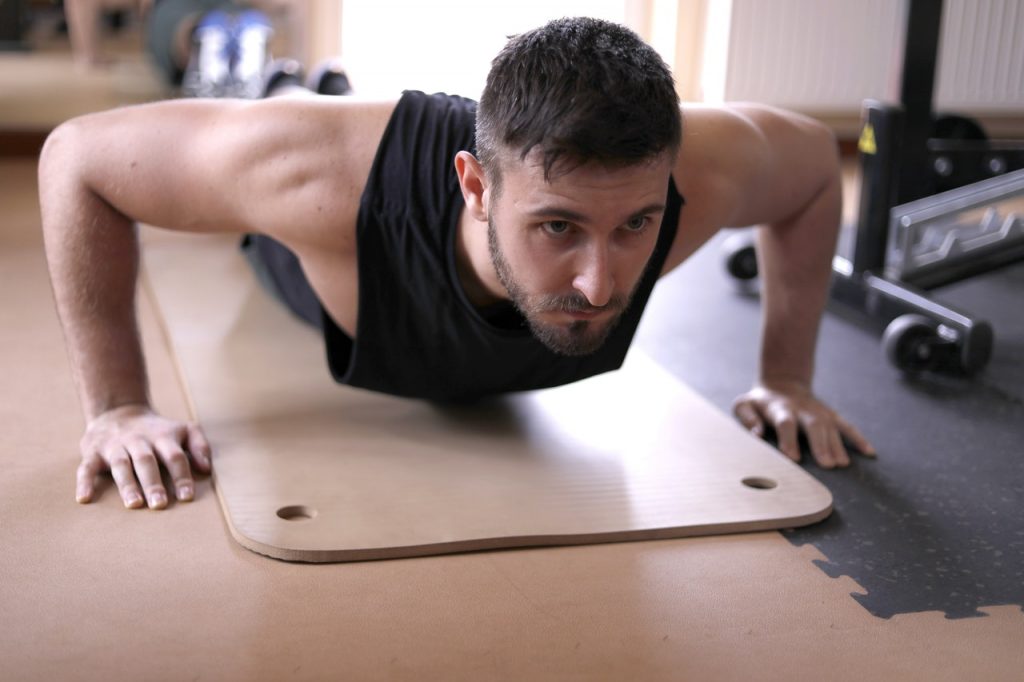
8. Stay Hydrated
Not drinking enough water can worsen anxiety symptoms. In fact, dehydration can cause heart palpitations that can lead to an anxiety attack. Always carry fresh water with you to keep anxiety symptoms at bay. This is one of the simplest ways to contribute to your natural anti-anxiety regimen. Other hydrating beverages include milk, coconut water and maple water.

Most Importantly, Stay in the Moment
Learning to manage anxiety takes time. It’s important not to get ahead of yourself. That means being patient with your progress. Typically, it takes a holistic combination of approaches that is unique to you. So, don’t live too far in the future or in the past. Do your best to stay in the moment and remember that feelings are only temporary.
